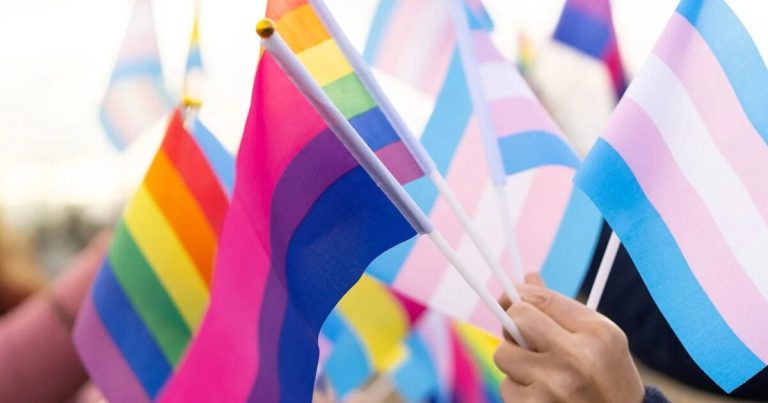
Emily George, Emily C.B. Brown, and Rachel Silliman Cohen of Seattle Children's Hospital published a recent article in Pediatrics, Laws protecting minors from life-altering hormone treatments and disfiguring surgery “amount to the level of state-sanctioned medical neglect and emotional abuse,” the Journal of the American Academy of Pediatrics (AAP) said.
The December article urged a “reframe” of the “debate” surrounding these laws.
To further emphasize their agenda, one of the article's topics is listed under the heading Child Abuse and Neglect. In addition, keywords for topic searches were child abuse, emotional abuse, sexuality, neglect, reframing, and gender identity.

The authors begin the article by saying that they want to “refute the idea that gender-affirming care (GAC) [sic] is child abuse” and also “demonstrate how blocking the GAC harms children and amounts to state-sanctioned medical neglect and emotional abuse.”
Al-Hayat website reports:
Pointing to what the article calls “a dangerous trend of transphobia and bias toward transgender and gender diverse (TGD) children,” namely laws that affirm biological reality, protect girls’ sports and spaces, and prohibit surgeries on minors, the authors argued that the laws “punish providers Care and doctors when they choose to support children.
“They deprive children of access to routine health care that has been shown to significantly reduce the high rates of suicide and depression among TGD youth,” the authors said.
Transgender identification itself — which prominent leaders in the transgender medical field have acknowledged can be linked to “social contagion” — is already associated with very high rates of suicide and suicidal ideation. Research published in March 2022 found that 82% of people who identify as transgender “have considered killing themselves and 40% have attempted suicide, with the highest rates of suicide among transgender youth.”
In a response published to the article, the assistant professor in the Department of Psychiatry at Baylor College of Medicine said:
Kathleen McDevitt criticized the hypothesis.
“The authors state that GAC ‘causes no harm’ and ‘reduces several negative health outcomes, including rates of depression,’” McDevitt wrote.
“No citations have been provided relevant to this claim. Although GAC Youth has the support of the professional medical community in the United States, this does not mean there is no risk of harm.
“Infertility, decreased reproductive tissue development, sexual functioning problems, psychosocial/cognitive delays, low bone mineral density, and known side effects of estrogen and testosterone (e.g., clotting events, cardiovascular disease, etc.) are all factors.” “Dangerous.” All potential risks associated with hormonal agents used in GAC for young men.
Later in this paper, the authors reiterate that “GAC…completely attenuates the risk of depression and suicidal ideation,” she adds.
In 2022, comments leaked from the AAP by a whistleblower demonstrated the Academy's efforts to silence inquiries by those concerned about the long-term consequences of “gender-affirming” care.
The group put forward a motion from five doctors calling for a “rigorous systematic review” to reconsider the policy on treating children with gender dysphoria, and blocked the ability of members to comment on the decision.
The Daily Mail reported that one doctor complained that members “can no longer trust the AAP” because of the “removal” of the resolution and stated that “debate on this issue has been scandalously silenced”.
“There is no open dialogue about these medical treatments from the AAP,” another doctor commented. “Input has to come from the membership.”


“In fact, there are several clinical research studies looking at hormone therapy in TGD youth in which depression outcome measures did not improve significantly over time. In the largest study of this type, depression outcome measures worsened significantly after starting hormone therapy. It is noteworthy that Also note that suicide research in this area is decidedly mixed.
“It is important for the health and well-being of children and adolescents in the United States that loving and supportive parents are not unfairly criminalized. However, this Perspectives Paper paints a complex and controversial issue as simplistic, portraying cautious approaches to care (i.e. any type of management that does not include the use of hormonal interventions in TGD adolescents) as “abuse”.